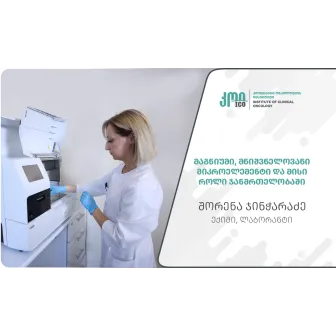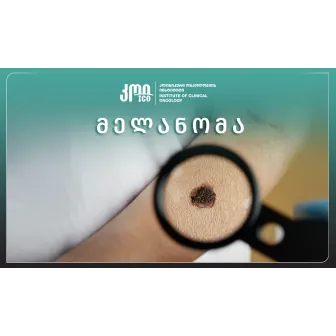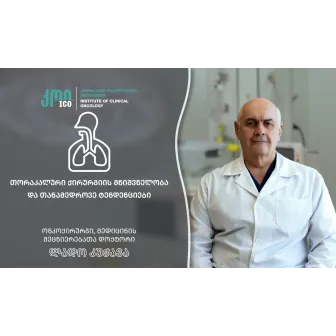Onco marker or tumor marker is a chemical compound, also known as a protein, produced mainly by cancer cells, although they may also be produced by normal cells, e.g., during inflammatory processes in the body. However, their increase is slightly above normal.
It should be noted that normal level of a tumor marker does not exclude the presence of a tumor process, especially in the early stages. Therefore, it should be tested in correlation with other types of studies.
There are different types of onco markers depending on which organ is affected by a tumor process. Let's consider a few of them:
CEA - general carcinoembryonic antigen is present in the blood of healthy individuals in very small amounts, not exceeding 5 ng/ml. In smokers and during various inflammatory processes, this indicator is increased to 10 ng/ml.
The dramatic increase of CEA may indicate various tumor processes, such as pancreatic, stomach, lung, breast, etc. However, like most other tumor markers, it is not 100% specific, so it is used in combination with other tests for cancer screening, and subsequently for monitoring treatment and detecting relapse.
CA 15-3 - a protein produced by breast cells. Its level is usually elevated in advanced forms of breast cancer. In the early stages, CA 15-3 is usually not elevated. The breast marker can also be elevated in healthy individuals during various inflammatory processes. This marker is usually tested in late-stage cancer, as it may be normal in the early stages. It is also used to assess the effectiveness of treatment and detect recurrence.
CA 125 - ovarian onco marker increases in ovarian cancer, though it may remain within normal limits in the early stages of the disease, which does not in itself exclude the presence of a tumor. Measuring this onco maker is also very important to assess the effectiveness of treatment.
CA 19-9 - a tumor marker for stomach, pancreas, colorectal, and liver cancers. Small amounts are secreted into the blood by the bile duct, so its elevation can also be caused by cholestasis, inflammatory processes of the gastrointestinal tract, and liver.
PSA - prostate-specific antigen. It is produced by the prostate gland. Its increase above normal (more than 4 ng/ml) can be caused by both cancerous and non-cancerous diseases of the prostate, such as: • Prostate cancer • prostatic hyperplasia (enlargement) • prostatitis (prostate inflammation).
The normal level of PSA increases slightly with age. A slight increase is also observed after various medical manipulations, so its examination should be carried out 5-6 days after these manipolations.
Venous blood is used to perform these tests. No special preparation is required. The tests are performed on a high-quality automatic analyzer of German origin, Snibe 800.
- Views:2454
















